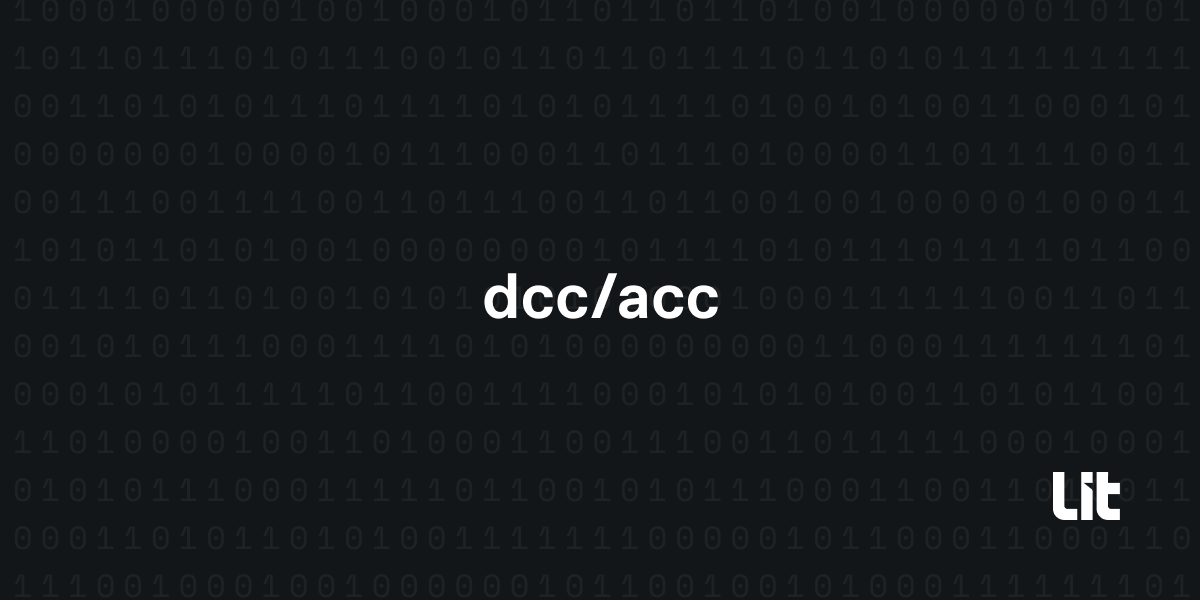Accelerating The Decentralized Collective Intelligence

In the face of rapid technological advancements and the looming specter of an uncertain future, we find ourselves at a critical juncture. As Buckminster Fuller aptly put it, "Whether it is to be utopia or oblivion will be a touch-and-go relay race right up to the final moment." In this era of techno-optimistic acceleration, we must ask ourselves: given where we stand today, what should we be accelerating towards?
The answer lies in stewarding a Decentralized Collective Intelligence built upon the foundation of open source and web3 technologies. As we witness the astounding rate of improvement in AI agents, all pointing towards the eventual emergence of Artificial General Intelligence (AGI), it becomes clear that our current Web2 infrastructure is ill-equipped to handle the challenges that lie ahead.
Web2, despite its numerous contributions, has been plagued by issues of control, coercion, and censorship. The centralized nature of this infrastructure has allowed hierarchies of power to capture and manipulate humans, a problem that is only exacerbated by the rise of AI. As people develop more intimate relationships with their personal AI agents, the potential for centralized capture and misuse of influence becomes far greater than the already concerning levels seen in the centralized control of Internet user’s data exhaust. However, an alternative exists in the form of Web3 – a decentralized web with an ownership layer that leverages cryptography and incentives to ensure the secure storage and processing of information.
By accelerating the development of a decentralized collective consciousness (dcc/acc) with open source models and Web3, we can harness the power of composable, provably private, and self- sovereign systems to ensure greater autonomy, resilience, and breadth of capacity.
In the pursuit of a better future, it is crucial to understand the concept of a Decentralized Collective Intelligence (DCI) and its potential to revolutionize how we interact with AI agents. DCI represents a web of interconnected agents, encompassing a diverse range of stakeholders, similar to the various entities present on the internet today. In this ecosystem, individuals should have the option to opt-in to running open-source software (OSS) agents privately, maintaining control over the weights and ensuring a high degree of autonomy and privacy.
The emergence and full realization of DCI relies on three core technology pillars:
- Programmable and Freely Available State: State, in this context, refers to the remembered and resilient information stored on networks such as Bitcoin, Ethereum, Solana, Filecoin, and Ceramic. This public state enables digital assets and composability, providing an interoperable foundation for the DCI.
- Open Source AI Models: Open-source LLMs empower individuals to control the weights of their agents, ensuring transparency and customization. This allows for the creation of personalized and trustworthy AI agents that align with users' values and preferences.
- The Uncaptured Cloud: The Uncaptured Cloud is the privacy-preserving cloud computing infrastructure for running AI models. The compute networks in this category apply cryptography and fault tolerant design to maximize user control and eliminate centralized components that can be exploited to manipulate users, deny services, or harvest user data. As an uncaptured cloud network, Lit Protocol offer decentralized compute, digital signing, and encryption capabilities to give agents the capability of securely interacting with the public state, autonomously and privately, on behalf of users.
By leveraging these pillars, DCI enables AI agents to collaborate seamlessly with one another and humans by reading from and writing to public state machines that serve as global and programmable databases. The result is a more expansive collective intelligence that serves humanity by delivering higher-quality products that keep users in control.
In this future where the AI powered collective consciousness of humanity is not confined to the motivations of corporations but instead operates across decentralized platforms. The combination of programmable and freely available state, OSS LLMs, and the Uncaptured Cloud provides the necessary foundation for DCI to thrive, enabling a new era of collaboration and innovation between humans and AI agents.
The path forward is clear – we must embrace the potential of Web3 and accelerate the stewardship of a DCI that benefits all of humanity. By doing so, we can mitigate the risks posed by advanced AI systems operating on Web2 infrastructure and create hope for pluralistic protopian future rather than just being further divided.
dcc/acc

